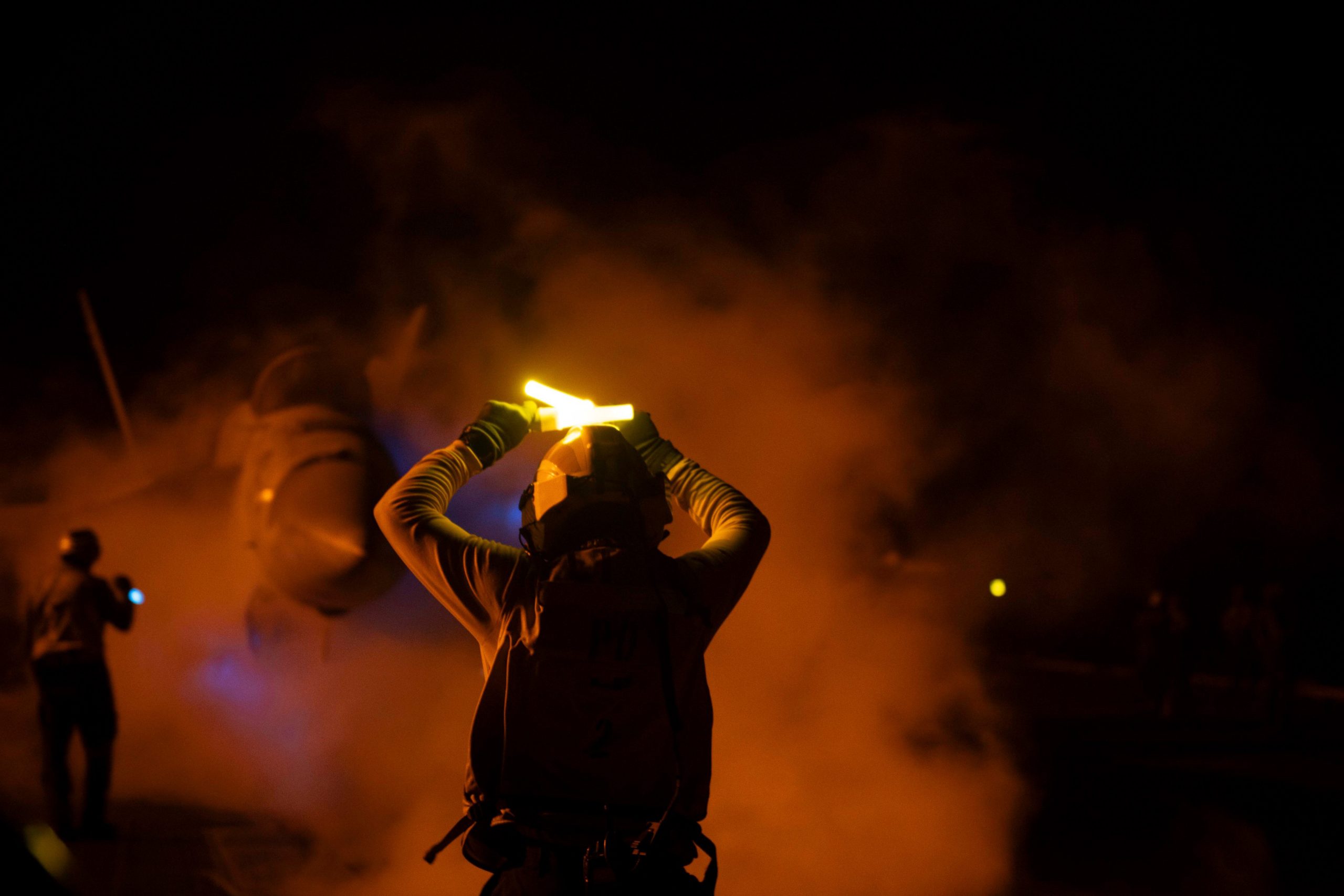Luxon moves NZ in ‘lockstep’ on Red Sea
Since becoming prime minister, Christopher Luxon has emphasised the need for New Zealand to be in perfect alignment with like-minded partners on the world stage.
“I want us to be in lockstep with our partners who have common interests and actually be right there with them at that time,” Luxon said last December after signing onto joint statements about Russian cyber attacks and Israel’s war in Gaza.
With Monday’s news that the Government is sending Kiwi troops to take part in US-led military strikes against Houthi rebels in Yemen, the Prime Minister has taken a more significant step towards that self-stated goal – in the process sparking further criticism from groups already critical of New Zealand’s priorities in the Middle East.
The Houthis, an Islamist militia group that controls large chunks of Yemen with the alleged support of Iran, began a series of missile and drone attacks against shipping vessels in the Red Sea last November.
The catalyst for the attacks was Israel’s decision to invade Gaza following the Hamas massacre of Israeli civilians on October 7, with the Houthis claiming to be targeting Israel-owned and -operated ships as well as vessels heading to Israeli ports.
But the militia has become increasingly indiscriminate in its targeting, having boarded and seized some vessels and forcing cargo ships to make a costly and time-consuming detour around Africa.
Earlier this month, the United States and the United Kingdom began carrying out their own airstrikes against Houthi targets in Yemen with the support of Australia, Bahrain, Canada and the Netherlands – a group to which New Zealand now adds its own name.
Six NZDF personnel are being sent to the Middle East to provide what Defence Minister Judith Collins described as “very much targeting [support]” for the attacks based on intelligence, without entering Yemen itself.
Collins appeared alongside Luxon to announce the deployment, as did Foreign Affairs Minister Winston Peters, in a reminder of the unlikely bedfellows who will be grappling with matters of national (and international) significance this term.
Luxon framed the deployment decision as a natural progression from the joint statements New Zealand had signed condemning the Houthis’ actions, as well as the importance of freedom of trade and navigation for an island nation with a small, export-driven economy.
“This is actually about values, it’s about us standing up for things that we believe in, and we can either talk about them or we can actually do something about it as well and make sure that we put real capability alongside our words…that’s what we’re doing here.”
Collins and Peters were likewise in lockstep with the Prime Minister on the need for New Zealand to step up – but the backlash from those who feel otherwise was swift in coming.
Green Party co-leaders James Shaw and Marama Davidson said they were “horrified” by the Government’s decision and accused it of further inflaming tensions in the Middle East.
“Aotearoa New Zealand has a proud history of being a voice for peace on the global stage. Now more than ever we need that voice to be loud and strong – and our actions to be focused on de-escalation of violence, not fueling further conflict where ordinary people will be affected most,” Shaw and Davidson said.
Peace Action Wellington representative Valerie Morse accused the Government of “astonishing hypocrisy”, contrasting the deployment with New Zealand’s perceived inaction in the face of suffering in Gaza.
“After 100 days of Israel’s murderous rampage, the new NZ government has been moved to act: they’re sending troops to stop anyone trying to stop the genocide,” Morse said.
Any attempt to paint the Houthis as heroes might seem questionable, given the group’s official slogan: “God is great, death to America, death to Israel, curse upon the Jews, victory to Islam.”
But with public polls showing 60 percent of Kiwis supporting a ceasefire in Gaza, there is a risk of the Government’s eagerness to join the US-led initiative being contrasted unfavourably with its more cautious approach to statements about Israel’s actions.
Just how like-minded New Zealand and its partners are may be tested in the months ahead.
That line of attack had clearly been anticipated, with the media statement about the deployment including a line from Peters that it was “wrong” to connect the decision with its position on Gaza, and Luxon went on the attack when asked whether he saw the military operation as an extension of the Israel-Hamas conflict.
“You are absolutely wrong to conflate those two issues. We are standing up for values very clearly here about freedom of navigation – these are long-held beliefs of New Zealand for a long period of time.”
Israeli prime minister Benjamin Netanyahu’s comments this week doubling down on his opposition to the creation of a Palestinian state did attract criticism from New Zealand, with Peters issuing a statement expressing concern and noting the international community was “overwhelmingly in favour” of a two-state solution.
But asked whether New Zealand would consider recognising Palestine as a state now, Luxon and Peters both fumbled somewhat, with the Prime Minister eventually citing Palestine’s lack of functioning government as a current impediment.
Tricky questions about Israel and Palestine are not going away as long as the war in Gaza rages on, and clearer answers may be needed soon.
Then there is the matter of whether Kiwi troops will indeed finish their deployment before the mandated conclusion of July 31, or whether a protracted campaign against the Houthis leads the US to call for extended – or even additional – New Zealand support.
Just how like-minded New Zealand and its partners are may be tested in the months ahead.




